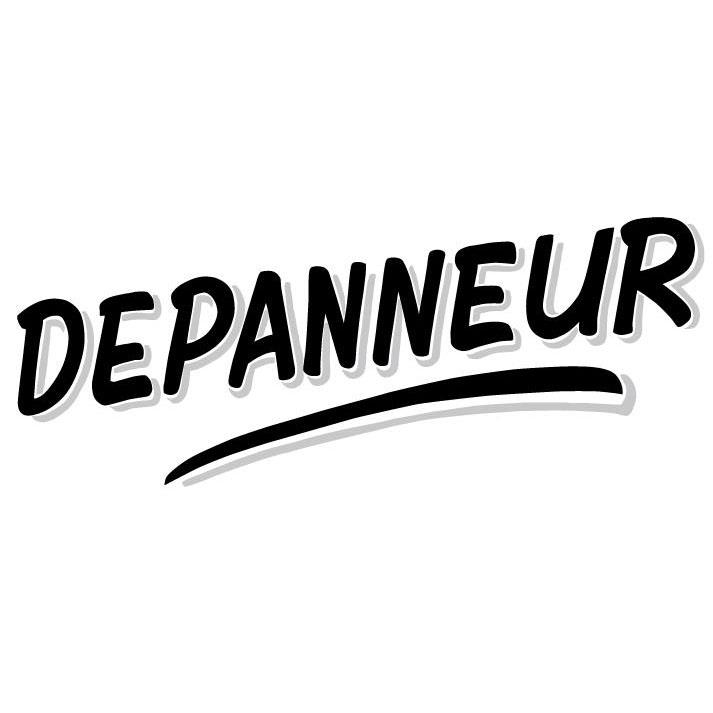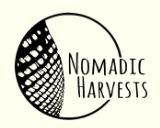In this fun, hands-on workshop, Rahaf Alakbani will be sharing some of he4 favourite family cheese recipes

This class will cover the basics of 3 kinds of cheese popular in Syria: yogurt-based Labneh, ricotta-like Kareshi, and a fresh curd cheese known as Jibneh Arabieh
Labneh is an extremely simple cheese made by salting and straining yogurt until it has the texture of cream cheese. It can served as spread or dip, or when a bit firmer, rolled in balls and cured in olive oil to extend its shelf life.
The cheese balls can also be rolled in various spices like nigella seed, Aleppo pepper, sesame seeds or mint for a very attractive presentation. There will be some premade labneh to roll, decorate and taste, and a demonstration of how to make it from store-bought yogurt.
Kareshi is a traditional soft cheese, much like ricotta, made by heating milk and then curdling it with vinegar or lemon juice. The resulting fine curds are delicate, white and prized for their light, creamy texture and sweet milk flavour.
In Syria it is sometimes served simply with honey, or in sweets like qatayef or halawi bi jibin, or salted as part of a breakfast or meze.
Jibneh Arabieh (or Jibni) is a semi-hard white cheese popular in Egypt and the Arabian Gulf area, jibneh being the generic word for ‘cheese’. It can be made from goat’s or sheep’s milk, but nowadays cow’s milk is generally preferred for its more delicate flavour.
Soft curds are made with the use of rennet tablets and then drained and pressed; depending on salt and moisture levels, it can range in texture from a soft farmer’s cheese, to a fresh mozzarella to a firm haloumi.
Jibni can be served on its own, with pickles, olives and vegetables; sometimes it is served with watermelon. It is also common to find it pan-fried with a sunny side up egg for breakfast, or as an ingredient in sweet pastries such as knafeh.
Participants will join in a light lunch including the cheeses they have prepared.
The Dep is a unique food venue that hosts an eclectic range of food events.
Founded in 2011 by Len Senater, The Dep is an ongoing, evolving experiment, prototype and proof-of-concept exploring food’s role in building community, creating opportunity and celebrating diversity. It has evolved over the years into a kind of convivial urban food hub where food producers, creators and consumers can connect and explore new food ideas in a fun, informal setting.
To find out more about The Dep, you can check out what others have written (like Spacing Magazine or Yonge Street Media), read some customer reviews (4.6 out of 5 stars!), or dig into my own slightly ranty manifesto.
In early 2016, the Dep extended an invitation to newly-arrived Syrian refugees who found themselves stuck in hotels for many weeks, with no access to kitchens to cook for themselves or their families.
This blossomed into the wildly successful Newcomer Kitchen, a non-profit social enterprise that invites newcomer women to prepare and sell meals in a fun, social setting, while earning revenue through dignified, meaningful work.

We offer a selection of cheese classes based on a variety of techniques, comfort level, ingredients, tradition and experience. It is our goal to get all inspiring cheesemakers excited and to feel comfortable in the kitchen.

In this class you learn how to make a variety of “fauxmages”, including aged ones, sprinkles, feta-style and our favourite creamy spreads.

Join the ranks of home cheese makers! Using a hands-on approach, learn how to make three different types of cheese, including mozzarella, mozzarella why and mascarpone.

In this fun, hands-on workshop, Rahaf Alakbani will be sharing some of her favourite family cheese recipes. This class will cover the basics of preparing 3 kinds of cheese popular in Syria: yogurt-based Labneh, ricotta-like Kareshi, and a fresh curd cheese known as Jibneh Arabieh. The class will ex...

The course includes engaging presentations, hands-on practical exercises, and a thorough exploration of various cheese making techniques.
© 2025 coursetakers.com All Rights Reserved. Terms and Conditions of use | Privacy Policy